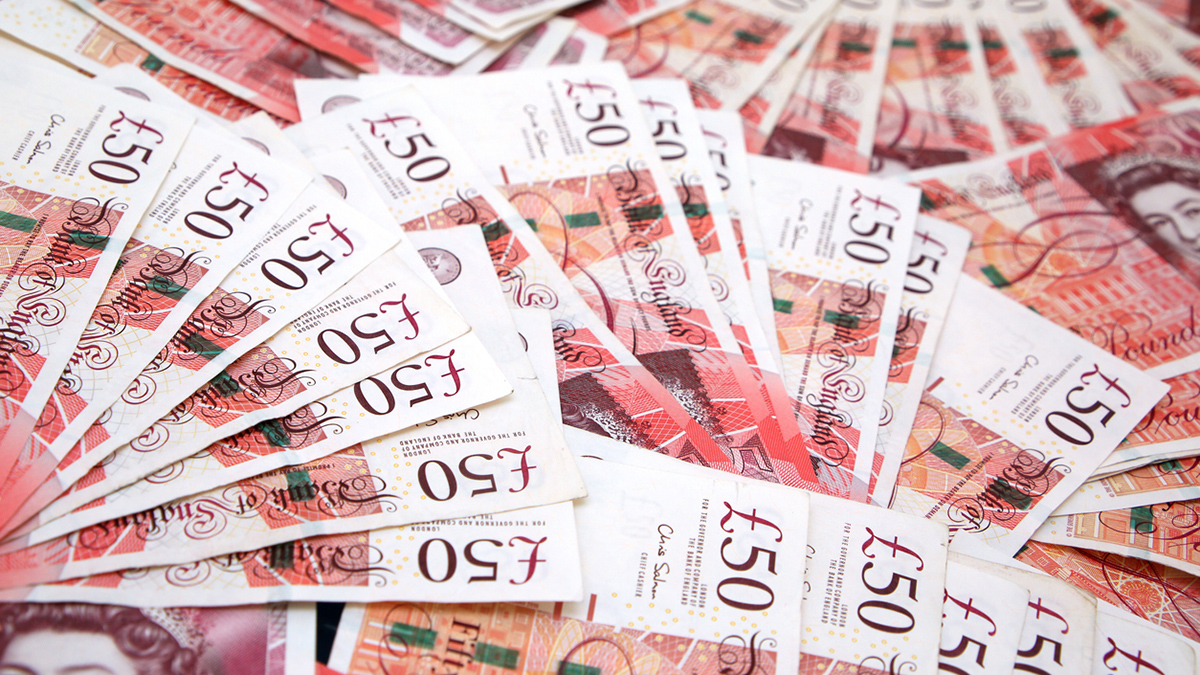ECJ backs UK regulator’s ‘pay-for-delay’ fine levied on GSK

The top EU court has endorsed an earlier decision by the UK financial regulator to fine GlaxoSmithKline in connection with ‘pay for delay’ deals for its antidepressant drug paroxetine.
The decision by the European Court of Justice in Luxembourg upholds an earlier ruling by the Competition and Markets Authority (CMA) in 2016 that GSK had contravened anti-competition law by paying drugmakers around £50 million ($66 million) to defer the launch of generics of Seroxat, the branded version of paroxetine, between 2001 and 2004.
It fined GSK almost £38 million in connection with the case, a verdict that was appealed by GSK on the grounds that its agreements were intended to settle complicated patent disputes. Other companies involved in the deals received another £7 million in penalties.
The ECJ ruling said that the deals weren’t necessarily barriers to competition and that each individual case had to be considered on its own, punting the final decision back to the UK’s Competition Appeal Tribunal (CAT) for a final judgment.
However, it backed the CMA and CAT’s authority to rule in these matters, whilst also setting out parameters for handling such cases in future.
In particular, it said that generics companies must be shown to have a “real and concrete possibility” of launching a generic in order for a deal to be deemed anti-competitive.
The ECJ will almost certainly no longer have the power to rule on matters of this kind from the end of the year of course. As it stands, its jurisdiction will end on 1 January 2021, at the end of the transition period that will follow the UK’s departure from the EU at 23:00 GMT this evening.
The UK regulator said it “clarified a number of important questions [that] will help competition authorities…in their work to tackle this harmful behaviour by pharmaceutical companies.”
The CMA’s ruling in 2016 found that GSK’s agreements with generic drugmakers Alpharma and Generics (UK) Ltd “deferred the threat of increased competition, and potentially deprived the NHS of the significant price falls that generally result from generic competition.”
In a statement on the ECJ ruling, the regulator said that when independent generic entry eventually took place, average paroxetine prices dropped by over 70% in two years. GSK’s sales of Seroxat were around £90 million in the UK in 2001.
CMA chief executive Andrea Coscelli said: “Cracking down on harmful behaviour, such as pay-for-delay agreements, is essential to protect the NHS – and so UK taxpayers – from paying more than they should for an important medicine.”
GSK has declined to comment on the case until the CAT delivers its final judgment.












